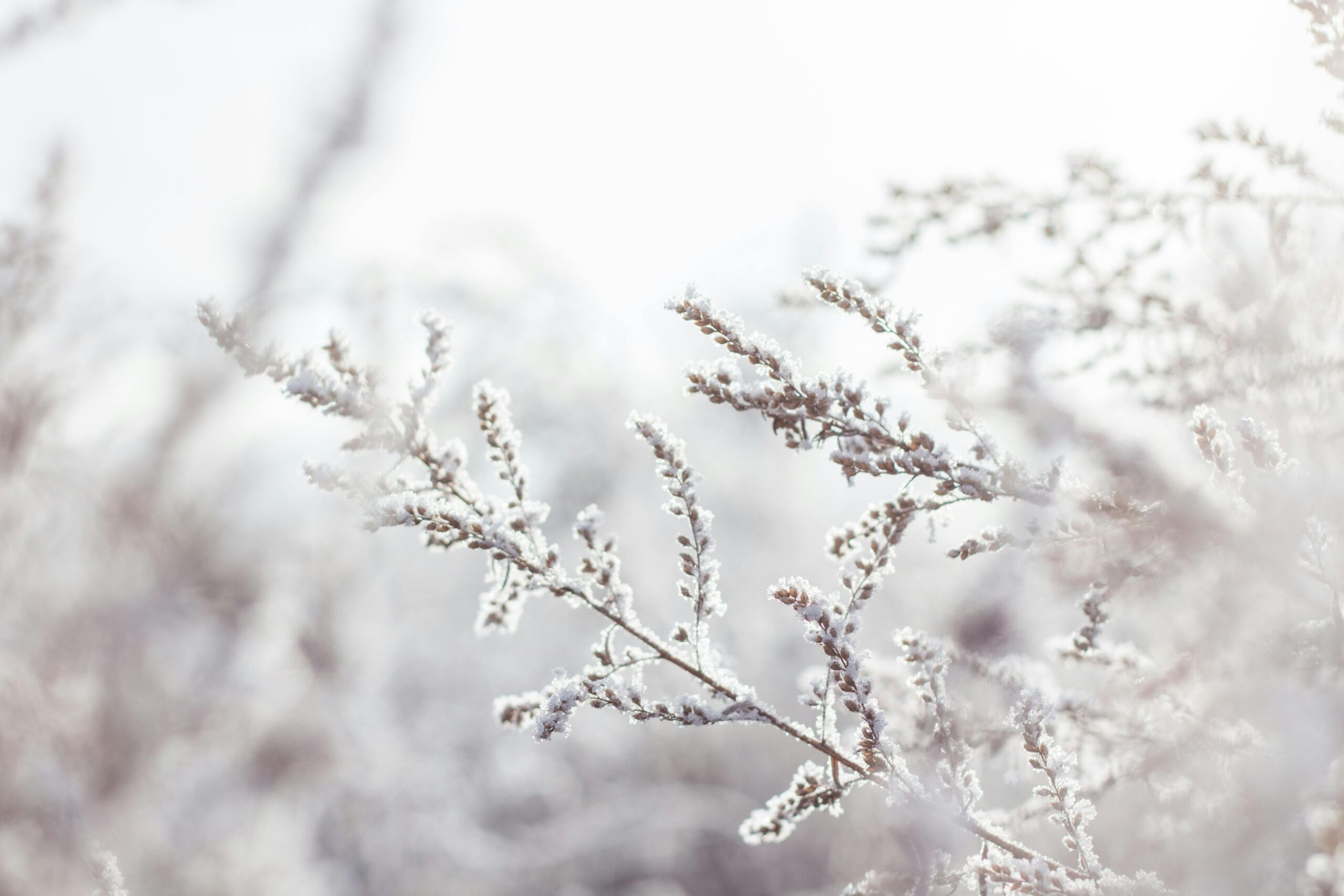
Brightening the Winter Gloom: Mindful Strategies to Overcome Seasonal Blues
We are DEEP in it. The dead of winter. The days are short. It’s cold (at least it is here in the northeast).
I don’t know about you, but this time of year always makes me feel a little more tired, and a little more sluggish. It’s a littler harder to get out of bed in the morning, and finding the energy and motivation I’m typically full of is like trying to get a good cup of coffee anywhere that has a sign that says “worlds best cup of coffee.”
I’m craving sugary and high-carb foods, and (if you asked my husband), you could definitely call me moody.
You could blame this state of mind and being on a number of different factors… (Am I sleeping well? Am I getting enough nutrients? So many ailments have similar symptoms). But, I know from year over year, over year, that these symptoms tend to hit me JUUUUST after the holidays, like clockwork.
It’s a surefire case of the winter blues.
Or, if you’re a doctor, you’d call it Seasonal Affective Disorder (SAD). SAD is related to changes in the seasons, and is most commonly experienced in the fall and winter months. It can interfere with our lives in a variety of ways. We may not all experience recurring symptoms, but depressive episodes can pop in and out of our lives over the season, when the sun isn’t out as long and we’re stuck hunkering indoors.
But, luckily, doctors have been studying SAD for a while now, and is a real condition that may affect millions of Americans, seasonally. And, thankfully, there are some things we can do to support ourselves against mood dips, anxiety spells, and insomnia in our winter wellness routines.
(And of course – ALWAYS contact a professional to seek help if you are experiencing signs and symptoms of SAD. With the right treatment and support, it is possible to manage this condition and enjoy the seasons even during the darkest days).
Read on if you think SAD has a hold on you this year…
Beat the Blues: Proven Strategies to Lift Your Mood.
It’s important to consult with a medical professional before starting any treatment for SAD as they can help determine the best course of action for you, personally.
My goal for this post is to bring awareness to this issue that so many of us face, and don’t often feel is important enough to pay attention to or to seek extra support with.
That being said, there are a few items you can add to your winter wellness routine you might benefit from this time of year:
- Extra Self Care – the typical stuff…
Yea, yea, I know you’ve heard it before… but the taking extra good care of yourself is soo important in these winter months when we are stuck inside and aren’t getting as much exercise and sunlight as we normally might in the spring/summer. Regular exercise, healthy eating and getting enough sleep can help keep us on the right track. And I know, we all know this (it’s simple, but it’s certainly not always easy). So, keep this in mind before you down that sleeve of thin mints in one sitting that your local girl scout is about to bring to your door (just me?)
- Let the light in!
SAD is associated with low levels of vitamin D, since we’re not getting the sunshine we’re used to in the warmer months. Make sure you’re taking a solid multivitamin and consider grabbing yourself a red light therapy box for your desk to boost those vitamin D levels back to summer standards.
- Start a conversation
You’re certainly not the only one experiencing this dip. Talk with your loved ones and help them understand what you’re experiencing. Join a support group for a sense of community and support (Find one in your area here. Simply type in SAD Support Group for your state). Or talk with a therapist or counselor who specializes in this area who understand your feelings and can offer new coping strategies.
FURTHER EXPLORATION
Read: “Filled with secrets from a therapist’s toolkit, Why Has Nobody Told Me This Before teaches you how to fortify and maintain your mental health, even in the most trying of times. Dr Julie Smith’s expert advice and powerful coping techniques will help you stay resilient, whether you want to manage anxiety, deal with criticism, cope with depression, build self-confidence, find motivation, or learn to forgive yourself. Why Has Nobody Told Me This Before tackles everyday issues and offers practical solutions in bite-sized, easy-to-digest entries which make it easy to quickly find specific information and guidance.”
Watch: Check out this TED talk by Norman Rosenthal – he’s the world-renowned psychiatrist, researcher and best-selling author, who first described seasonal affective disorder (SAD) and pioneered the use of light therapy as a treatment during his 20 years at the National Institute of Mental Health.
Listen In: In this episode of “The Homecoming Podcast”, Dr. Thema defines the symptoms of depression during this season and provides important tips for coping.
Until next week, stay intentional about what you pay attention to,

Get Immediate Help
If you or someone you know is in immediate distress or is thinking about hurting themselves, call the National Suicide Prevention Lifeline toll-free at 1-800-273-TALK (8255). You also can text the Crisis Text Line (HELLO to 741741) or use the Lifeline Chat on the National Suicide Prevention Lifeline website.
January 22, 2024
I really appreciate the candor here. I have struggled with SAD for many years and have found your advice salient, and actually found that moving to a climate with more sun realy helped. But for me SAD was only a synptom of a deeper issue that I was only able to face with good therapy. Many thanks for your thoughts here.